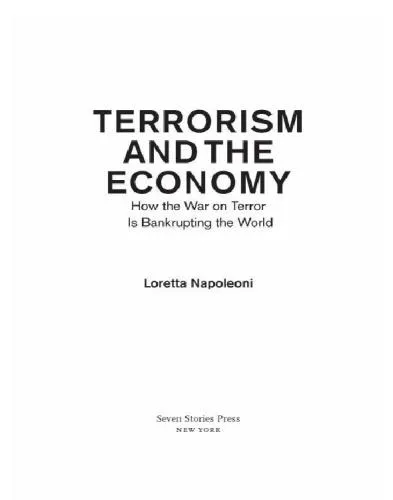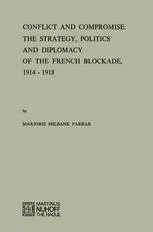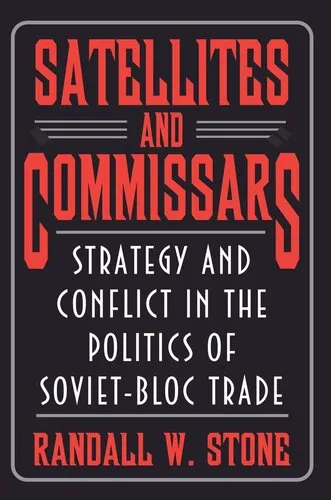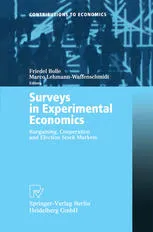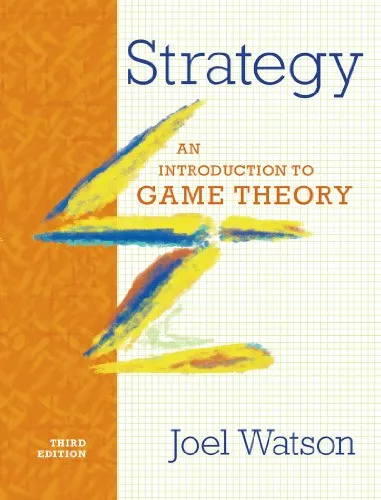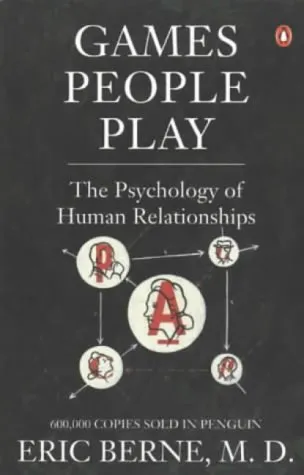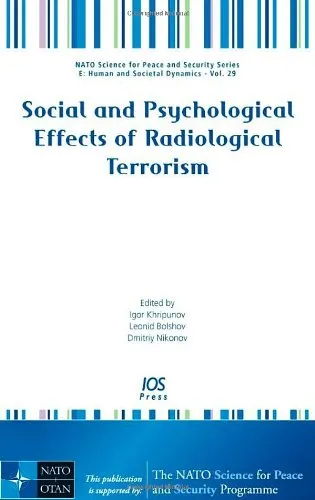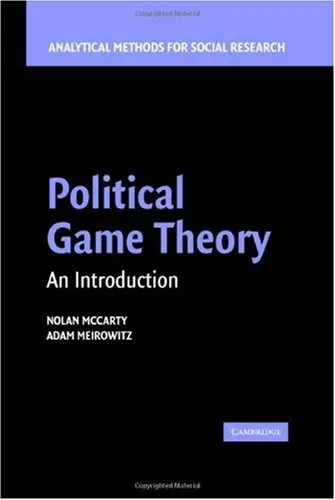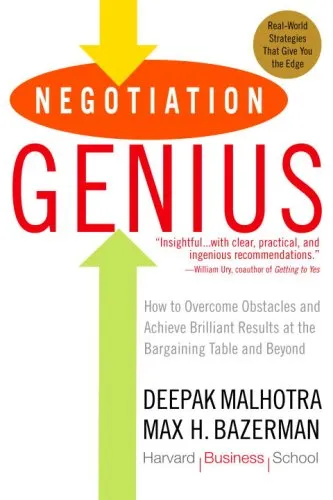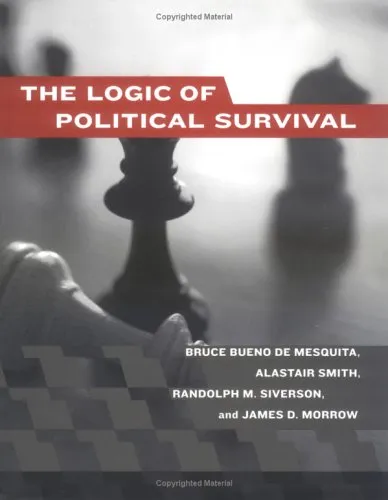Terrorism and the Economy: How the War on Terror is Bankrupting the World
4.0
Reviews from our users

You Can Ask your questions from this book's AI after Login
Each download or ask from book AI costs 2 points. To earn more free points, please visit the Points Guide Page and complete some valuable actions.Related Refrences:
Introduction to "Terrorism and the Economy: How the War on Terror is Bankrupting the World"
"Terrorism and the Economy: How the War on Terror is Bankrupting the World" is an eye-opening exploration of the complex and damaging connections between modern-day terrorism, global economic policies, and the ongoing consequences of the post-9/11 War on Terror. Written by renowned economist and political analyst Loretta Napoleoni, this book masterfully dismantles the financial myths surrounding the fight against terrorism and exposes how poorly planned responses have imperiled the global economy and depleted national resources. It is an essential read for anyone seeking to understand the intricate interplay between global financial systems, geopolitics, and security policies in the modern era.
The book delves deep into how resources are mobilized and misallocated in the name of combating terrorism, how profiteering is enabled through war-driven markets, and why the broader economic destabilization caused by these policies is something the world can no longer afford to ignore. With clarity and precision, Napoleoni critiques the hidden costs of this ideological war, showing how it often benefits an elite minority while pushing average citizens into economic hardship.
Detailed Summary of the Book
At its core, "Terrorism and the Economy" examines the obscure and often misunderstood relationship between terrorism as a global phenomenon and the economic responses it provokes. Using case studies and historical data, Napoleoni illustrates how the War on Terror has morphed into an economic black hole, consuming trillions of dollars while delivering little in terms of effective solutions to the actual problem of terrorism.
One of the key insights of the book is Napoleoni’s analysis of how terrorist financing operates. She unveils the financial networks that support terrorist organizations, showing how these groups adapt to economic sanctions and countermeasures. At the same time, she critiques the overreliance on counterterrorism spending by Western governments, which often sacrifices social programs and economic development to fund military interventions and security measures.
The book also highlights the economic consequences of prolonged conflicts in regions like the Middle East and South Asia. These wars not only devastate local economies but also destabilize neighboring regions, creating refugee crises and long-term developmental challenges. Furthermore, Napoleoni sheds light on the role of private corporations and financial institutions that profit from war-related spending, growing wealthier while taxpayers bear the burden of systemic failures.
Key Takeaways
- The War on Terror has diverted trillions of dollars away from productive domestic economic uses into military and security spending.
- Terrorist organizations have built resilient financial models relying on informal networks, often evading international regulations.
- Economic destabilization caused by wars and counterterrorism efforts perpetuates cycles of violence and underdevelopment in conflict regions.
- Corporations and elites often benefit disproportionately from conflict-driven economies, at the expense of broader societal well-being.
- A more holistic approach to global security and economic development is essential for breaking the cycle of violence and economic instability.
Famous Quotes from the Book
"The War on Terror sold itself as the ultimate fight for human freedom, but its primary exports have been instability and poverty."
"Understanding terrorism as an economic entity is key to dismantling its grip on global power and resources."
"The greatest irony of the War on Terror is that it has done little to dismantle terrorism but has fundamentally altered the financial stability of the world."
Why This Book Matters
This book is especially significant in today’s interconnected world, where economic and security policies often overlap in ways that many do not fully grasp. By breaking down the financial structures of terrorism and the global economic mechanisms fighting it, Loretta Napoleoni has provided an invaluable tool for policymakers, scholars, economists, and concerned global citizens. It pushes readers to critically evaluate the effectiveness of their governments’ responses to terrorism and understand the long-term consequences of prioritizing short-term reactions over sustainable solutions.
Moreover, the book highlights the fundamental need for transparency, accountability, and justice in the global fight against terror. It asks tough questions about who truly benefits from conflict economies and challenges the status quo, making it a crucial resource for shaping informed public discourse and policy decisions.
Free Direct Download
You Can Download this book after Login
Accessing books through legal platforms and public libraries not only supports the rights of authors and publishers but also contributes to the sustainability of reading culture. Before downloading, please take a moment to consider these options.
Find this book on other platforms:
WorldCat helps you find books in libraries worldwide.
See ratings, reviews, and discussions on Goodreads.
Find and buy rare or used books on AbeBooks.
